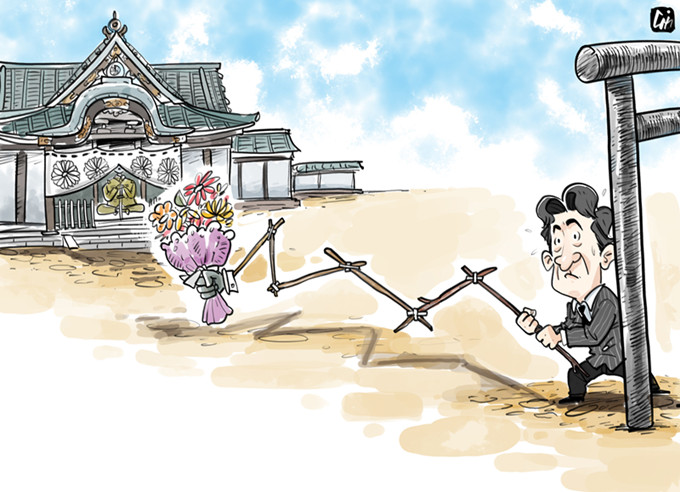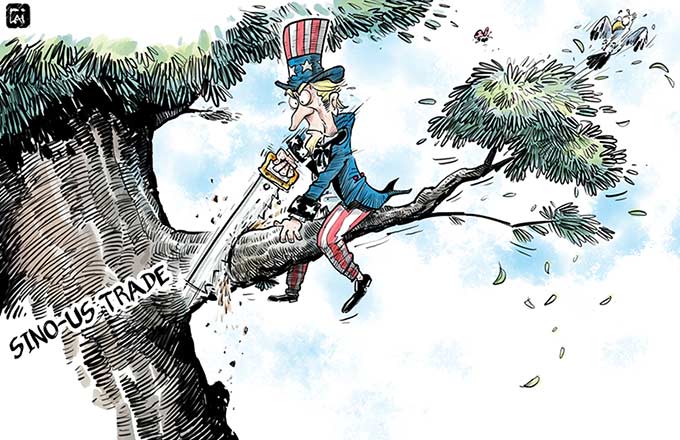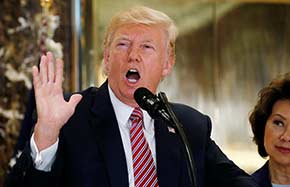Promoting regional trade
FTA between China and the ROK should be pushed forward as the first step toward broader East Asian cooperation
Among the planned free trade areas, the one between China, Japan and the Republic of Korea, three economic powerhouses of Asia, is definitely of key importance to the region. But to achieve that goal, each pair will have to establish a bilateral FTA first.
However, Japan's relations with both China and the ROK have worsened, after a number of its rightwing politicians made improper comments on territorial and historical problems, which has put a stop to its FTA negotiations with China and the ROK. Therefore, China and the ROK should accelerate the establishment of FTA between them.
After seven years of joint research, the two countries announced last year that they will finish negotiations within two years. Park Geun-hye's visit to China on Thursday will doubtlessly help promote not only the FTA process but also bilateral economic cooperation as a whole.
The concerns of both sides are now quite clear: The ROK fears that more competitive agricultural products from China might challenge its own, while China worries heavy chemical products from the ROK could have a negative influence on its domestic market.
These are unnecessary concerns. Actually, agricultural products accounted for only 4.6 percent of China's total exports to the ROK in 2012, while a large part of this was co-produced with grains and technology from the ROK.
Data from Japan's Ministry of Economy, Trade and Industry and the Export-Import Bank of Korea show that 32.2 percent of products of the ROK-invested enterprises in China are sold back to the ROK, much higher than the 18.2 percent of Japan.
For similar reasons China's concern is also unfounded. Having been open for over 30 years, China's heavy chemical industry is already quite developed, co-existing with huge investment from overseas, especially from the ROK. Besides, both countries realize the importance of cooperation and neither would try to influence the other's market.
Japanese research also shows that the ROK would benefit more from an FTA with China. A $27.8 billion increase in the ROK's exports of mechanical and electrical products is predicted, raising its GDP by 2.5 percent; besides, more opportunities will emerge from increased consumption and the opening of its services market. In marked contrast, Japan would lose $7 billion's worth of export opportunities to the two countries each year.


















